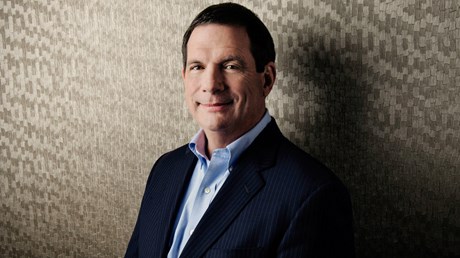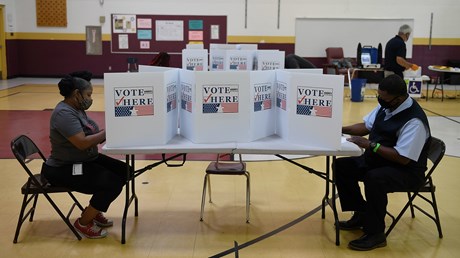Transracial adoption doesn't make you non-racist. But it doesn't make you racist either.

Over this past weekend, Dr. Ibram X. Kendi, author of How to Be an Antiracist, drew attention for his bold tweets in response to a since-deleted tweet of Supreme Court nominee Amy Coney Barrett’s sister holding two Black children. Amy Coney Barrett herself has adopted two children from Haiti. He stated, in multiple tweets:
Some White colonizers “adopted” Black children. They “civilized” these “savage” children in the “superior” ways of White people, while using them as props in their lifelong pictures of denial, while cutting the biological parents of these children out of the picture of humanity.
And whether this is Barrett or not is not the point. It if a belief too many White people have: if they have or adopt a child of color, then they can’t be racist.
After receiving pushback from other users on the platform, he further clarified his position:
I’m challenging the idea that White parents of kids of color are inherently “not racist” and the bots completely change what I’m saying to “White parents of kids of color are inherently racist.” These live and fake bots are good at their propaganda. Let’s not argue with them.
I am nowhere near the first person to critique his comments, but I would like to re-examine them in the light of the wider relationship between evangelical Christians and adoption, as well as my own personal experience as a transracial adoptee.
Does adoption make you “non-racist”? The short answer is no.
Dr. Kendi’s remarks are not about evangelicals in particular, but it is not difficult to come to the conclusion that his critique may have something to do with a religious movement that has unfortunately ...
from Christianity Today Magazine https://ift.tt/30ojcgT





